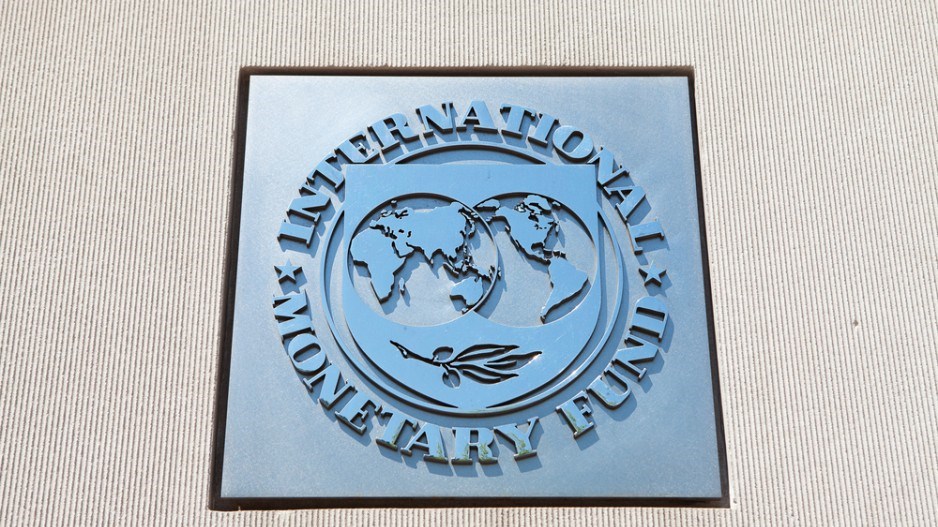China needs to revamp its financial regime to reduce possible “spillovers” onto the rest of the world, the International Monetary Fund said in a report Tuesday (September 28).
In a subtle reminder of Beijing’s past policy missteps – from last summer’s stock market rout to opaque yuan exchange-rate tweaks that had roiled global markets – the IMF said in a report that a more free-floating exchange rate, a transparent mechanism for signalling policy changes and a system to counter vulnerability were all desirable for China.
“Clear communication of policy intention, including further steps to move towards a floating exchange rate regime, are of the essence,” the report said.
Yuan weakens ahead of entry into IMF’s Special Drawing Rights basket
The country’s transition to more reliance on domestic consumption and innovation would reduce its appetite for importing intermediate goods – semi-finished products like the steel used in making cars – and its plan to retire overcapacity in coal and steel would have “a sizable effect” on commodities prices, the report said.
A “bumpy or incomplete“ transition in China would risk exacerbating the negative ripple effects, especially to emerging-market countries, the IMF report added.
Alfred Schipke, the bank’s representative for China, urged the country to further liberalise the yuan exchange rate, aiming for an effective float by 2018. He said Beijing could still intervene to counter excessive short-term volatility.
Why the yuan’s status means less to China than the IMF’s demands
Schipke also called for caution in opening China’s capital account. The yuan will officially become part of the basket of currencies that underpin the IMF’s Special Drawing Rights, an accounting unit that Beijing hopes can be used to dethrone the US dollar.
An enhanced status for the yuan means more global responsibility for Beijing. The IMF warned that spillovers from the yuan’s exchange rate would have a large impact on commodity and equity prices and on other emerging markets’ currencies.
However, the report said these spillovers were limited by the persistent capital controls in China.
The fragilities of the country’s financial markets and regulation regime came to light during the stock meltdown, but a widely expected financial conference to overhaul the system has been delayed.
A comprehensive plan to address vulnerabilities in the financial sector was needed, the report said.
IMF urges China to tackle ‘high’ corporate debt immediately
It urged Beijing to restructure weak firms, require banks to boost their buffers and recognise and address impaired assets, harden budget constraints, rein in shadow banks and curb soaring property prices.
The global lender also called for caution against protectionist policies, noting that hostility against China’s overproducing industries could spur countries to erect trade barriers to protect their domestic producers.
“Such protectionist measures –not necessarily in response to developments in China—have likely played some role in depressing global trade over recent years and could deter it over the long term,” the report said.




